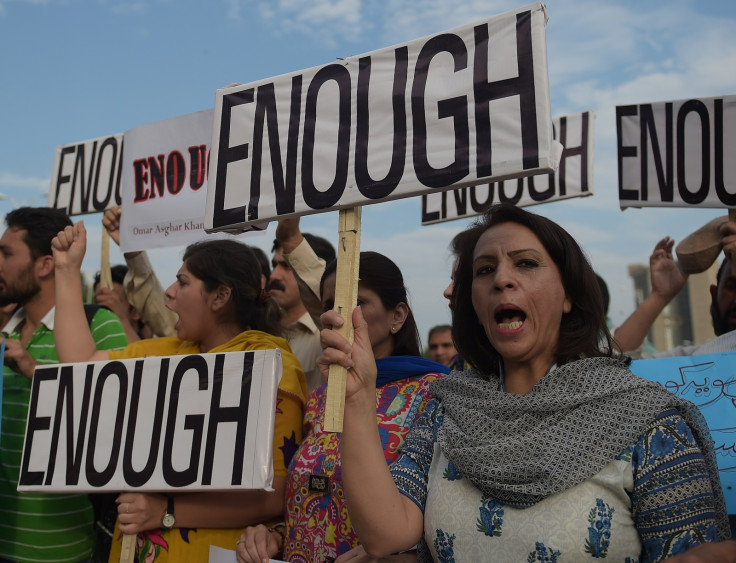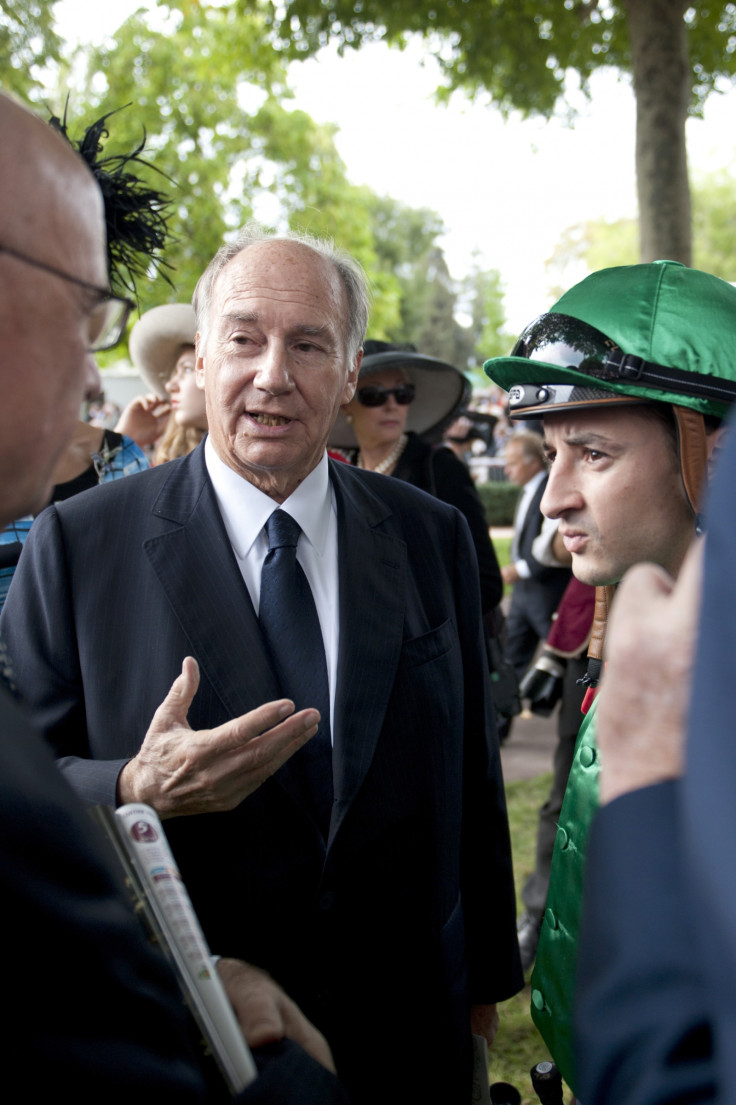Karachi bus massacre: Who are the Ismaili and why do Sunni fanatics slaughter them?

During sectarian murders and bloody attacks on minorities that have gripped Iraq and Syria over the past few years with the rise of al-Qaeda and Islamic State (Isis), the Ismaili Shia have largely been spared the bloodshed suffered by the Yazidis, Christians and the wider Shia community.
The sect, an offshoot of Shia Islam, has members in 25 countries in the Middle East, Africa and Europe, including communities in Egypt, southern Saudi Arabia, India, Afghanistan and Pakistan. It is this last community, in Karachi, that was so brutally targeted on Tuesday (12 May) by Sunni fanatics leaving 43 dead.
Like the Shia, the Ismaili consider the first Muslim Imam after the Prophet Mohammed to be his son-in-law, Ali, with the lineage being passed down through the Prophet's family. That differs from Sunni Islam, under which the caliphate passed down from Mohammed's companions, not his family, until it ended with the fall of the Ottoman Empire.
As the rule of law in many Middle East countries has broken down since the early-2000s, historical divisions have manifested themselves in increasingly violent terms
Ismaili Shia differ from mainstream Shia in that they believe that the line of succession within Islam is still alive, in the form of the Aga Khan IV, the 49<sup>th Imam and a Swiss born British citizen. He is recognised as spiritual leader by some 20 million Ismaili Muslims worldwide.
As well as being the Ismaili caliph, the Aga Khan is a billionaire philanthropist and horse-racing fanatic whose private life has long been a source of intrigue.
Nowadays the Sunni-Shia split is more defined by geo-politics than it is by theology. Sunni Muslims make up majorities in Saudi Arabia and most of the Gulf with the exception of Bahrain, while the main Shia power base remains in Iran and increasingly Iraq, which has a Shia majority.
As the rule of law in many Middle East countries has broken down since the early-2000s, historical divisions have manifested themselves in increasingly violent terms.

Syria is a Sunni majority country that has for decades been led by a Shia dictator, Bashar al-Assad, while Iraq is a Shia majority state that was for decades ruled by a Sunni dictator, Saddam Hussein.
With swathes of both nations now almost entirely lawless, resentment runs high.
Sunni extremist groups such as al-Qaeda and more recently the Islamic State see the Shia as heretics, and suicide attacks against Shia places of worship have become increasingly common as the political situation in Yemen, Iraq and Syria becomes increasingly chaotic.
So what role do the Ismaili play in this complex tapestry of religious violence? The answer is not a very large one. In many of the nations where the community has a presence it finds itself either oppressed – i.e. Saudi Arabia – or forced to live in constant fear of attack by Sunni fanatics.
In Karachi, where Tuesday's attack took place, the Ismaili community lives in a fortified residential compound which they only leave on organised buses to visit important shrines on pilgrimage trips or more commonly to work, which is what the 16 women and 27 men had been doing.
Like Sufi Islam, the Ismaili faith is known for its emphasis on balance and spiritual well-being and unlike mainstream Shia or Sunni Islam, it has never spawned militant or radical groups in any of the countries in which it exists.
This was a point that the Aga Khan was keen to make in his statement following the attacks this week.
"This attack represents a senseless act of violence against a peaceful community. My thoughts and prayers are with the victims and the families of those killed and wounded in the attack," he said.
And it is one reflected in the large street protests that took place in Karachi in support of the Shia community and against the Pakistani militant group that are thought to have carried out the attack.
© Copyright IBTimes 2025. All rights reserved.






















